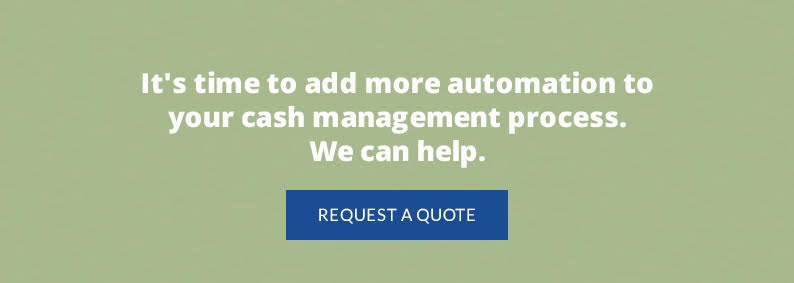Here’s a term no business owner likes to hear: retail shrinkage. If you’ve been in retail for any length of time, then you already know shrinkage is bad news for your business.
Just what does shrinkage do to a business though? These six effects of retail shrinkage shed some light on why every retail business owner needs to be on guard and ready to take action against shrinkage in their company.
1. Lost Revenue
The most obvious effect of shrinkage is loss of revenue. The long and short of it is that shrinkage amounts to lost revenue for your business. If your tills are coming up short on a regular basis or your merchandise is damaged or stolen, you’ll experience shrinkage. All of these situations affect your bottom line.
Shrinkage stems from many different issues, but the end result is always lower profit for the business.
2. Decreased Purchasing Capacity
With lower revenue comes another of the effects of retail shrinkage on your business: decreased purchasing capacity. If you experience a loss of revenue, you may not be able to pay your accounts on time. Your vendors may decide to decrease your credit or even freeze your account.
In turn, you may not be able to keep sufficient stock for your business. You could lose sales opportunities, which lowers revenue yet again.
3. Lost Profitability
In an industry like retail, where profit margins are razor thin, shrinkage can be the difference between turning a profit and being in the red. Shrinkage can affect your business’s overall profitability over the long term.
The more shrink you experience, the greater the chance that your business may experience a prolonged period of non-profitability. This, in turn, has a negative impact on other aspects of your business.
4. Lower Value
Do you have stockholders? If so, you might think about the effect shrinkage has on them. Over time, shrinkage erodes revenue and profitability, leading to lower returns for your shareholders.
It might also cause your stocks to drop in value. Take a look at financial statements issued by big firms. Good news can see stocks increase in value, while profits below forecast often have negative consequences for share prices.
If you’re hoping to sell your business, shrinkage can ultimately impact the valuation of your company. When it comes time to put up the for-sale sign, you’ll receive a lower value than you otherwise might.
5. Operating Issues
Another effect of shrinkage on a business has to do with the operations themselves. Since shrinkage depletes your inventory and your revenue, it can lead to all sorts of operating problems.
As already mentioned, you may run into purchasing problems. The store shelves might be bare more often than not in this case. You might also have issues getting the funding you need to invest in new technologies or even to hire the people you need to provide excellent customer service.
6. Higher Debt Ratios
Another one of the effects of shrinkage is the consequences it can have for your debt ratio. Debt, when leveraged correctly, is an effective tool to help you grow your business. When shrinkage is at play, however, you could find yourself in a spiral of debt.
As revenue is lost, your cash flow will also be diminished. You may need to rely more on credit to keep the lights on. If the situation doesn’t change, debts may continue to pile up, further decreasing your profitability and the valuation of the business.
Pushing Back against Shrinkage
Given how many negative consequences shrinkage has for your business, it should be clear you must do something to combat it. The good news is fighting back against shrinkage is easier than ever.
One easy place to start is with your cash handling processes and procedures. Introducing cash automation technology can help you manage cash more effectively, adding security and reducing risks around your business.



